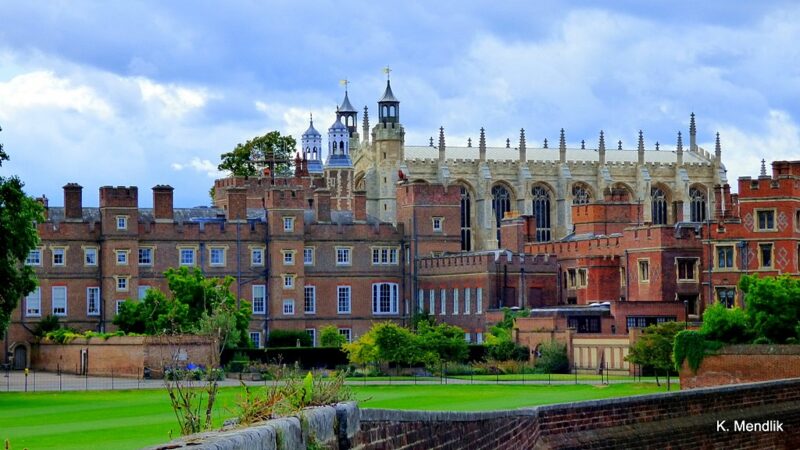
In government, Labour has too often shied away from confronting the power of the private schools. This time has to be different. With Boris Johnson as Prime Minister and Jacob Rees-Mogg lounging about in parliament, the time is ripe for Labour to commit to integrating and abolishing the private school system. This weekend will see Labour conference debate the motion put forward by Labour Against Private Schools, which if passed would commit the party to fully integrating private schools into the state sector.
From John McDonnell to Rachel Reeves, there is broad support for the campaign across the party, but Angela Rayner has stayed quiet. Yesterday, “senior figures” told The Telegraph “they expect the motion to be heavily watered down” before it is voted on at conference. There is a real danger here that history will repeat itself, and Labour will fail again to abolish private schooling and seriously tackle educational inequality.
Unfortunately, Labour has a track record of pulling back from radical action against private schools. Labour has generally adopted a ‘critical but accepting’ relationship with private education. Only once in government did the party launch a serious attempt to abolish private education: in the 1960s with the establishment of a Public Schools Commission. The commission’s report failed to seriously consider abolition and its conclusions were never implemented. Labour’s radical reforming government of 1945-51 also failed to seriously reform private schools, despite the financial weakness of many schools at the time.
Out of office again during the 1950s, Labour underwent a modernisation or ‘revisionist’ phase during which the basis of the opposition to public schools altered from one centred on the inherent inequality that they represented to one that critiqued private education because it failed to produce the ‘right kind’ of elites for the new technocratic age. A similar line was taken during the Wilson government, with Anthony Crosland also tending to take the line that the public school emphasis on character, social manners and the reproduction of a traditionalist and amateur elite class failed to generate the “right type of leadership for a democratic, scientific, welfare world”. This position involved an acceptance of the existence of an elitist public school system that could nevertheless be reshaped by Labour in government as part of a general condemnation of the selective system.
In 1978, the party took a radical position on private schools at its party conference, passing a motion that demanded “the elimination of the socially divisive private education sector” and called upon “the Labour government to accord this objective high priority”. This was never acted on in government. When Labour eventually returned to power in the 1990s, New Labour took a much more accommodating position. Overall, we can see three distinct phases of policy change on private schooling:
- an ‘integration and abolition’ phase (1964-1970) leading to the establishment of a Public Schools Commission but ultimately no legislation;
- a ‘tax relief and charitable status’ phase (1974-1997) in which manifesto statements focussed on removing tax exemptions based on public schools’ charitable status;
- a ‘partnership’ phase (2001-15) during which independent schools (including their charitable status and tax exemptions) were accepted on the basis that they offered some services and other aid in kind to neighbouring state schools.
Jeremy Corbyn’s leadership represented a return to an emphasis on addressing tax relief and charitable status enjoyed by public schools in the 2017 election, but there was no mention of abolition or integrating those schools into the mainstream. Labour Against Private Schools (LAPS) represents the return of a more radical policy position. The motion submitted to conference with the support of five CLPs would commit the party to full integration of private schools. LAPS have refocused attention on the inherent inequality created by the very existence of private education.
Before the motion can be debated on the conference floor, the motion will go through the conference compositing process. It will likely be combined with motions against academisation, and these proposals can be easily combined using a framework of democracy and popular control over our education. However, the threat to ‘water down’ the LAPS motion through compositing risks returning Labour to the ambiguous positions of the past.
Labour must not miss this opportunity. We have waited over a century for a left-wing government to come to power that is seriously committed to ending class inequality by abolishing private schooling. We must not wait any longer. Let this weekend be the conference where Labour commits to ending this unequal system once and for all.




More from LabourList
‘What Batley and Spen taught me about standing up to divisive politics’
‘Security in the 21st century means more than just defence’
‘Better the devil you know’: what Gorton and Denton voters say about by-election